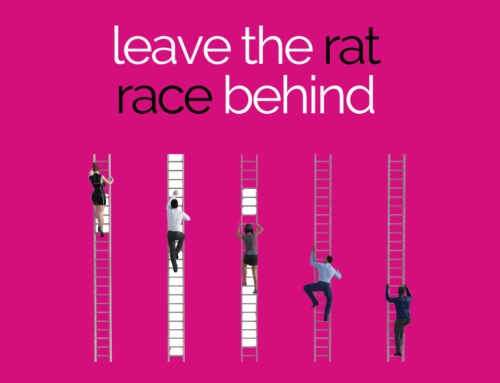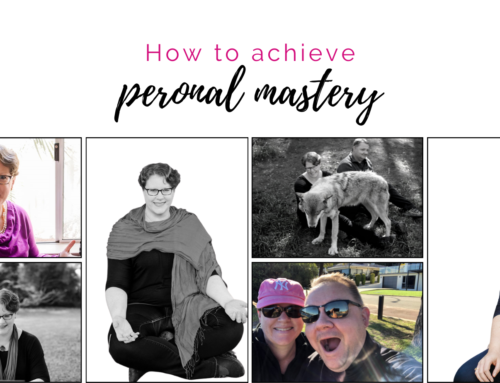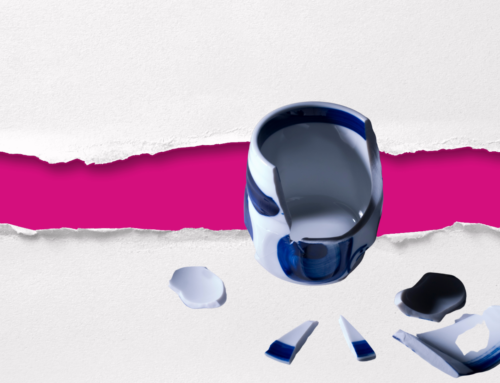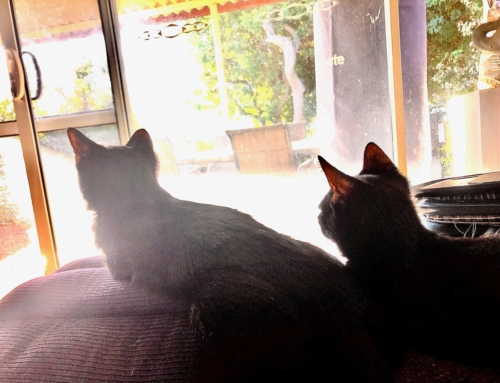First published on Huffington Post – 9 February 2016
There’s no doubt that social media has changed the way we live our lives.
We’re constantly connected – everywhere we go. We used to go to a conference and be reminded to turn off our mobile phones, now we go to a conference and we’re asked to put them on silent mode so that we can Tweet, Instagram, Facebook, LinkedIn … and the list goes on … about the conference while it’s happening.
We’ve become accustomed to seeing people with their heads down, engrossed in their phones – or at least we would see them if we didn’t have our own heads down.
We find ourselves engaging in deep and challenging conversations with people located on the other side of the world – people we would not normally have met otherwise. We are introduced to new topics and new information. It’s extraordinarily easy to spread the word about technological and scientific advances and the spread of information is limited only by the reach of the internet.
But how do we know that the information we receive is correct?
How do we know whether the information we receive is complete? And how do we know whether or not the information we’re given has been designed to elicit a specific response from us, to achieve a pre-determined outcome that we have no idea about?
Social media has created a new phenomenon called the ‘Keyboard Warrior’ – a person who engages in the virtual world and posts comments from behind a screen.
Do you stop to think before weighing in on a conversation or are you carried away by the ‘mob mentality’ of the other comments that have already been made?
The danger with becoming a Keyboard Warrior is that your ability to connect with the human being on the other side of the comment is significantly impaired. All you see are black letters typed on a white background. You don’t see the individual and their emotions as they read what has been written about them. You don’t see the very real impact that your words have on their lives.
There has been a significant increase in the number of people who commit suicide or attempt to commit suicide based on the public shaming that occurs through social media. It’s very easy to type some words and be proud that you’ve done your bit to ‘bring someone down’ for their actions. But how often do you know the person you’ve written about? How often do you stop to consider whether your opinion is based on fact or based on what you’ve read online? How often do you stop to consider what it might be like to be in their shoes? And more importantly how often do you even remember who it is you’ve shamed?
The next time you read something or hear something about someone you don’t know … BEFORE you jump in and add your two cents worth, ask yourself the following questions:
- Do you know the person?
- Were you actually present when the incident occurred?
- Are you certain that you have ALL of the information?
- Will a keyboard warrior or kindness help this situation more?
Until we learn to take a step back from the triggers that are there to trap us, we will continue to see the number of lives destroyed by the impact of ‘mob-mentality public shaming’.
It’s time to reverse the trend and make a move towards re-connecting with our empathy for our fellow man. Let’s make our initial reaction to situations be from a kindness standpoint. Life is precious and we should do everything we can to protect it. All it takes is one simple step at a time to live our lives differently.
There are loads of tips and tricks on how to think and live differently in ‘Keep It Super Simple’ – you can buy a copy from my website or call me on +61 438 624 868 to discuss how I can help you to implement simple, small steps to simplify your life.






